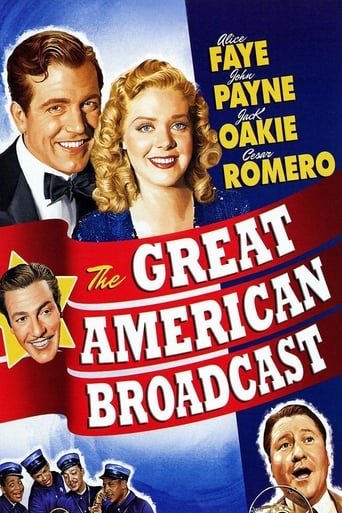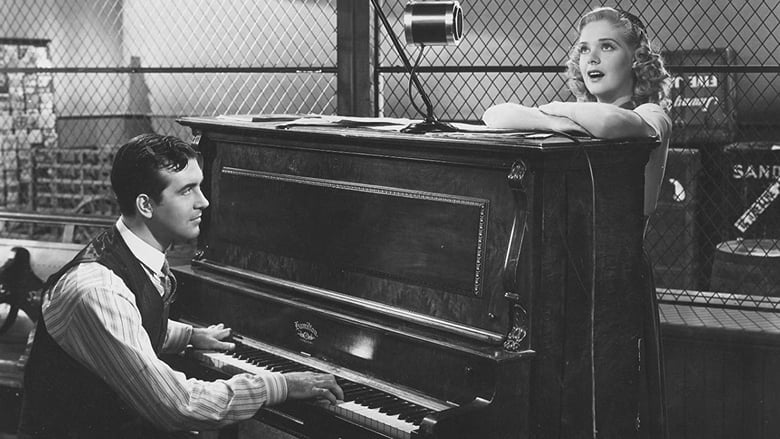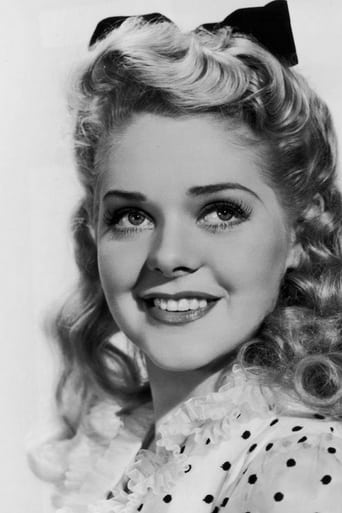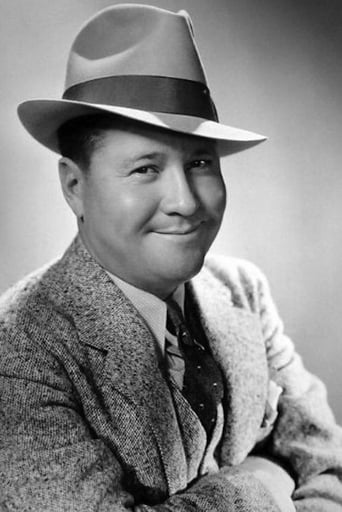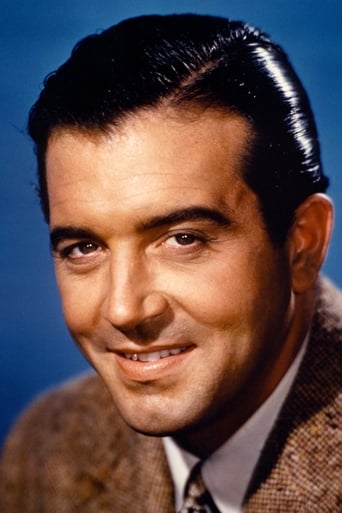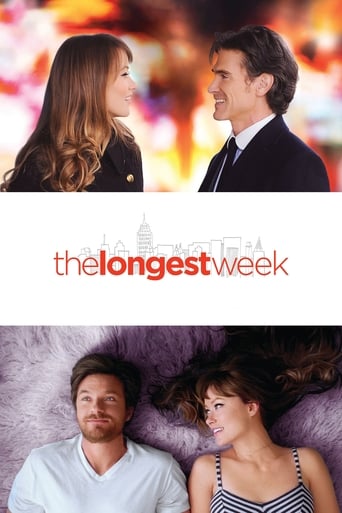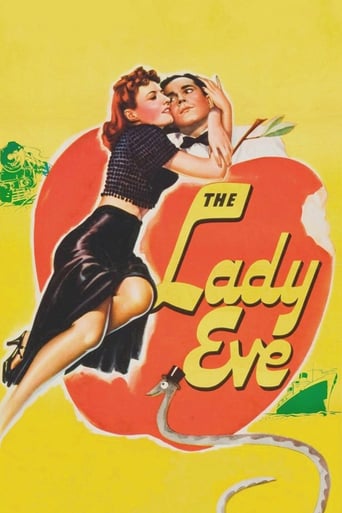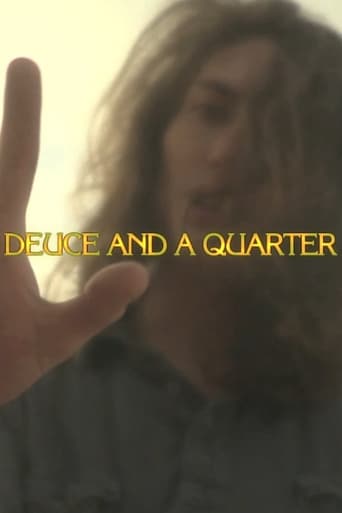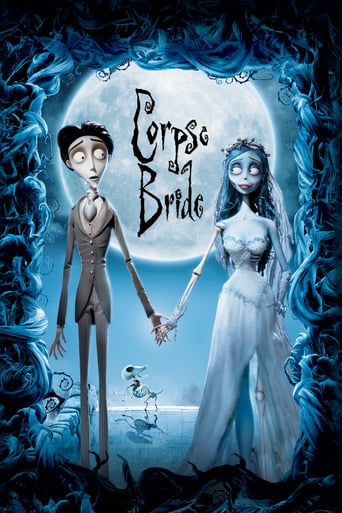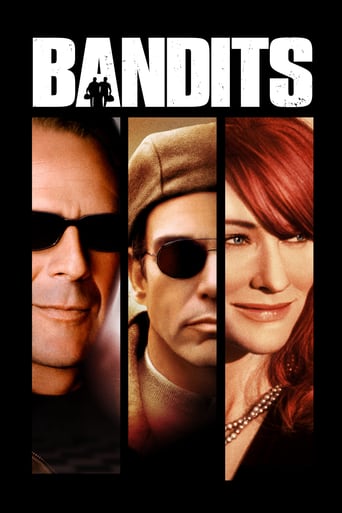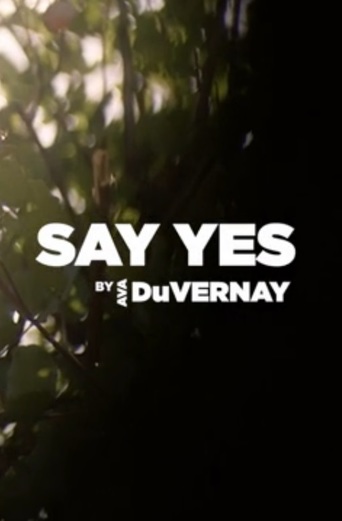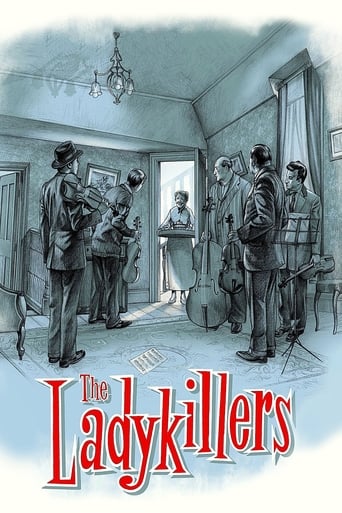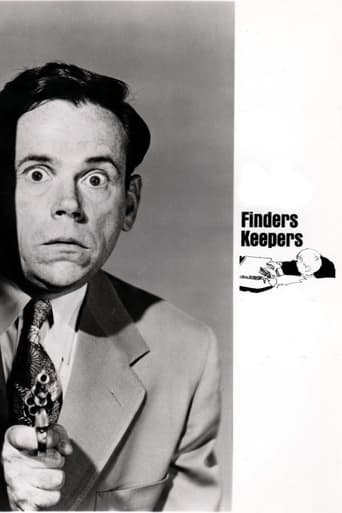The Great American Broadcast (1941)
After WWI two men go into radio. Failure leads the wife of one to borrow money from another; she goes on, after separation, to stardom. A coast-to-coast radio program is set up to bring everyone back together.
Watch Trailer
Free Trial Channels
Cast


Similar titles
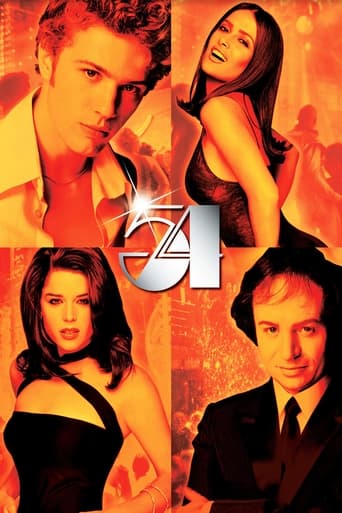
Reviews
The greatest movie ever made..!
Purely Joyful Movie!
One of the best films i have seen
In truth, there is barely enough story here to make a film.
The Great American Broadcast marks the first of four films that Alice Faye teamed with John Payne at 20th Century Fox. It has long been a contention of mine that Payne was signed by Darryl Zanuck because he looked a whole lot like Tyrone Power and could sing and thus carry his end of musical films with Alice, Betty Grable, June Haver, etc. Funny thing is when he left Fox, Payne abruptly stopped doing musicals and concentrated on all kinds of other films. He never sang a note on screen after 1946. Putting it mildly this is not the history of the origin of commercial broadcast radio. Still it's a pleasant 90 minutes or so of musical entertainment with Alice Faye, John Payne, Jack Oakie, the Ink Spots, the Wiere Brothers, and the tap dancing Nicholas Brothers. I won't even quibble about how one enjoyed the Nicholas Brothers tap dance on radio. In 1919 flier John Payne, radio electrician Jack Oakie, saloon singer Alice Faye, and millionaire Cesar Romero essentially all team up to launch commercial radio. If you're wondering what Payne's specialty and what he brought to the table, he was the promoter of the bunch, a role he would repeat in Tin Pan Alley and Hello Frisco Hello also with Faye and Oakie. Alice has all three of these guys panting for her, but her heart belongs to Payne even though he's a bit of fathead and doesn't appreciate what he has.Harry Warren and Mack Gordon wrote the songs for The Great American Broadcast, the best of which is I Take To You which should have done a whole lot better in record sales. Oakie has a very funny bit trying to fake an operatic tenor during an early broadcast.The event which launches the quartet in the broadcasting business was the famous Jess Willard-Jack Dempsey heavyweight championship fight and director Archie Mayo did a very good job integrating newsreel footage of the fight with the cast. In the opening montage you'll also see a whole lot of radio personalities who were big in 1940. As Alice Faye is one of my real favorites I'm prejudiced, but The Great American Broadcast holds up very well after over 70 years even if it isn't the history of radio.
So how did radio networks get started. After all, they are the precursor of modern-day TV and even computer networks. I don't know how accurate the depiction is here, but at least the screenplay got me to wondering after years of incurious radio listening. In my book, that depiction is the best part of this clearly second-rate musical. The numbers themselves vary rather wildly in quality— the Nicholas Bros. are a show-stopper and the very definition of "flying feet", while the Ink Spots shine with "Alabama Bound". I confess to even being captivated by Oakie in his underwear doing a soft shoe while warbling into a primitive microphone. However, I agree with the reviewer who characterizes the usually sparkly Alice Faye as looking unusually tired. At the same time, the Wiere Bros. violin pantomime may be the worst stage act I've seen in some time. I guess they are a matter of taste-- at best.The production itself appears to be on a strict budget, with a series of rather drab sets and only one big production number, a chorus line backing up Faye. Now I'm no particular fan of Jack Oakie's. His sometimes relentless mugging can get tiresome. Here, however, he injects much-needed energy into a romantic plot line that too often sags under its own recycled weight. The overall result looks to me like Fox doing little more than meeting escapist demand on the eve of WWII.
Archie Mayo and the writers took a stock project (a show biz musical) and made it special. The plot line about the beginnings of radio doesn't get lost in the welter of specialty numbers nor does the love story intrude too much in the fun. We even get a sense of what it was like when radio was expanding from a hobbyist's pursuit to a a mass market entertainment industry. The cast is nearly top notch all around but the Wiere Brothers are a marvel, providing the best turn in the film despite competition from the Nicholas Brothers, the Ink Spots and the always professional and often underrated John Payne, Alice Faye and Jack Oakie. Payne was usually justified in sleepwalking through the roles Fox saddled him with, but in this outing he shows what he can do with a congenial plot, director and co-stars. The primary reason for watching this film is to see the Wiere Brothers at their antic best. They were a deft and whimsical European comedy trio--comedians, instrumentalists, dancers and jugglers--with a long lineage in Continental circus, ballet and opera, and their style may be baffling to tastes weened on hit-them-over-the-head roughhouse comedy. Nothing wrong with roughhouse, but the Wieres offer something gently different.
While it is almost impossible to bypass the beauty of Alice Faye, I wish to mention that the plot of this cute fluff pic contains an interesting idea: hook up radio stations in a coast-to-coast network via the telephone. One hears so many arguments (political and otherwise) about "Who Invented the Internet?" It's easy to forget our honorable ancestors in the early days of Radio (when that name drew enough awe to have SciFi and even strange Westerns use it as a buzzword). The idea of telephone hookups apparently gave audiences a thrill.

